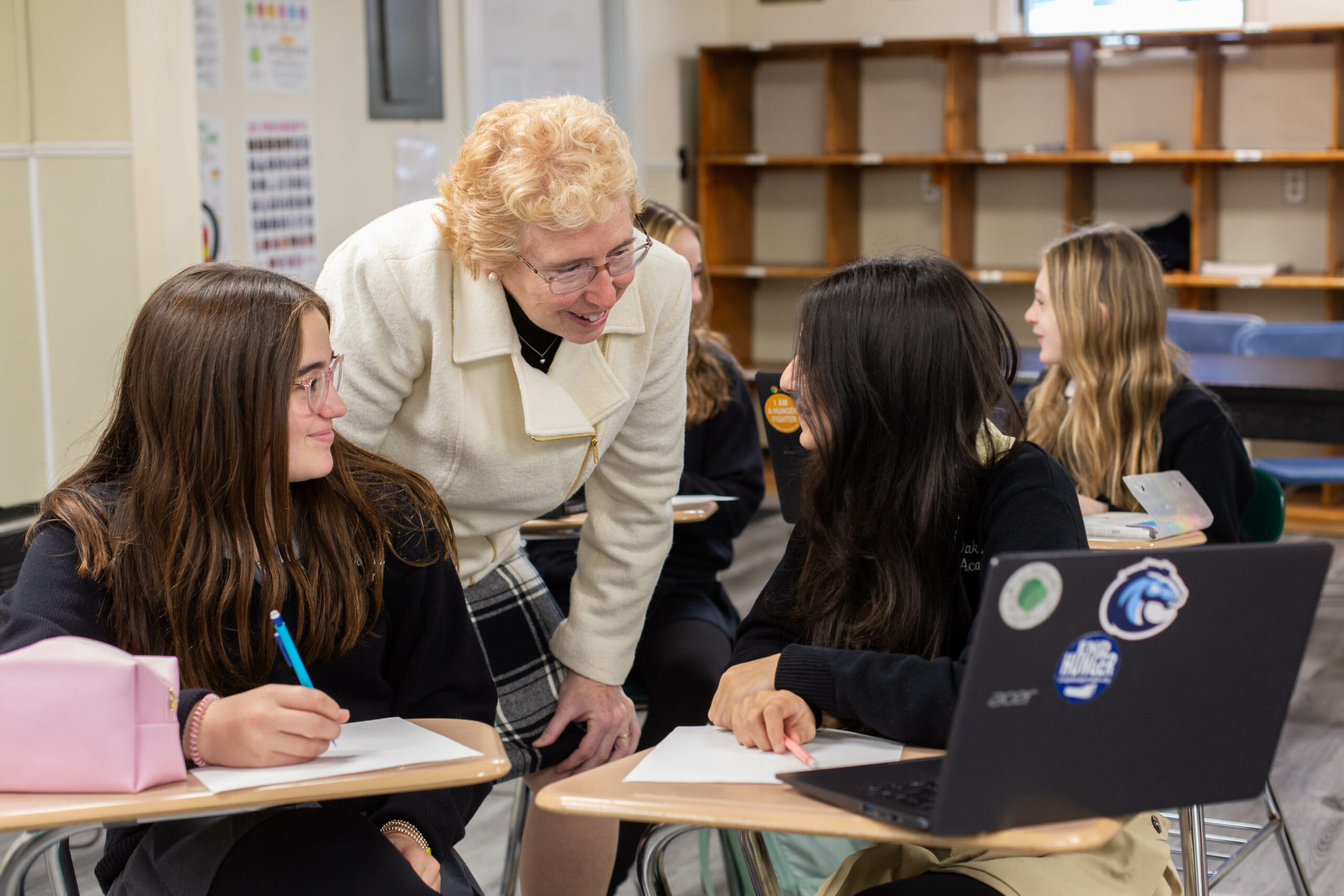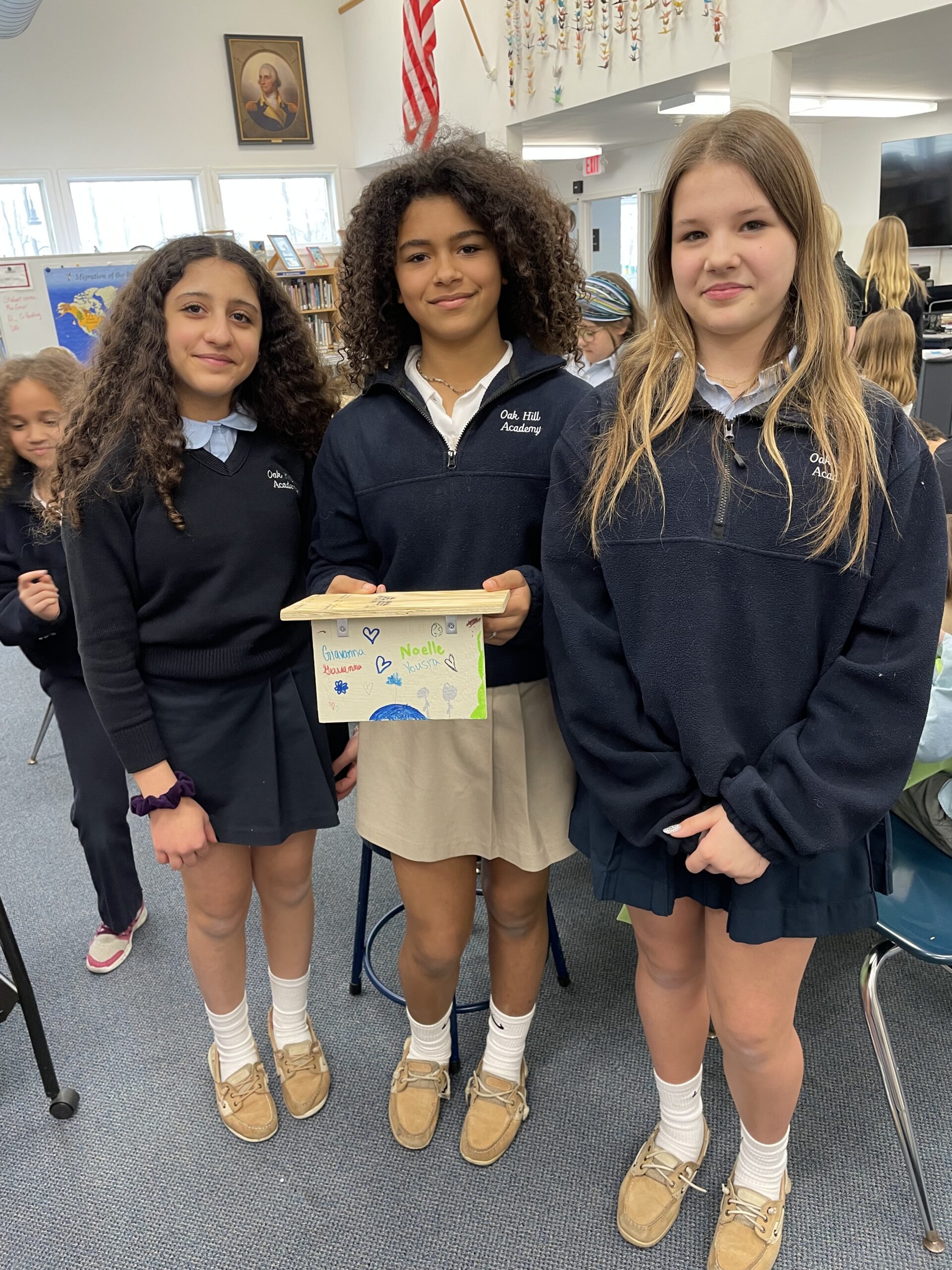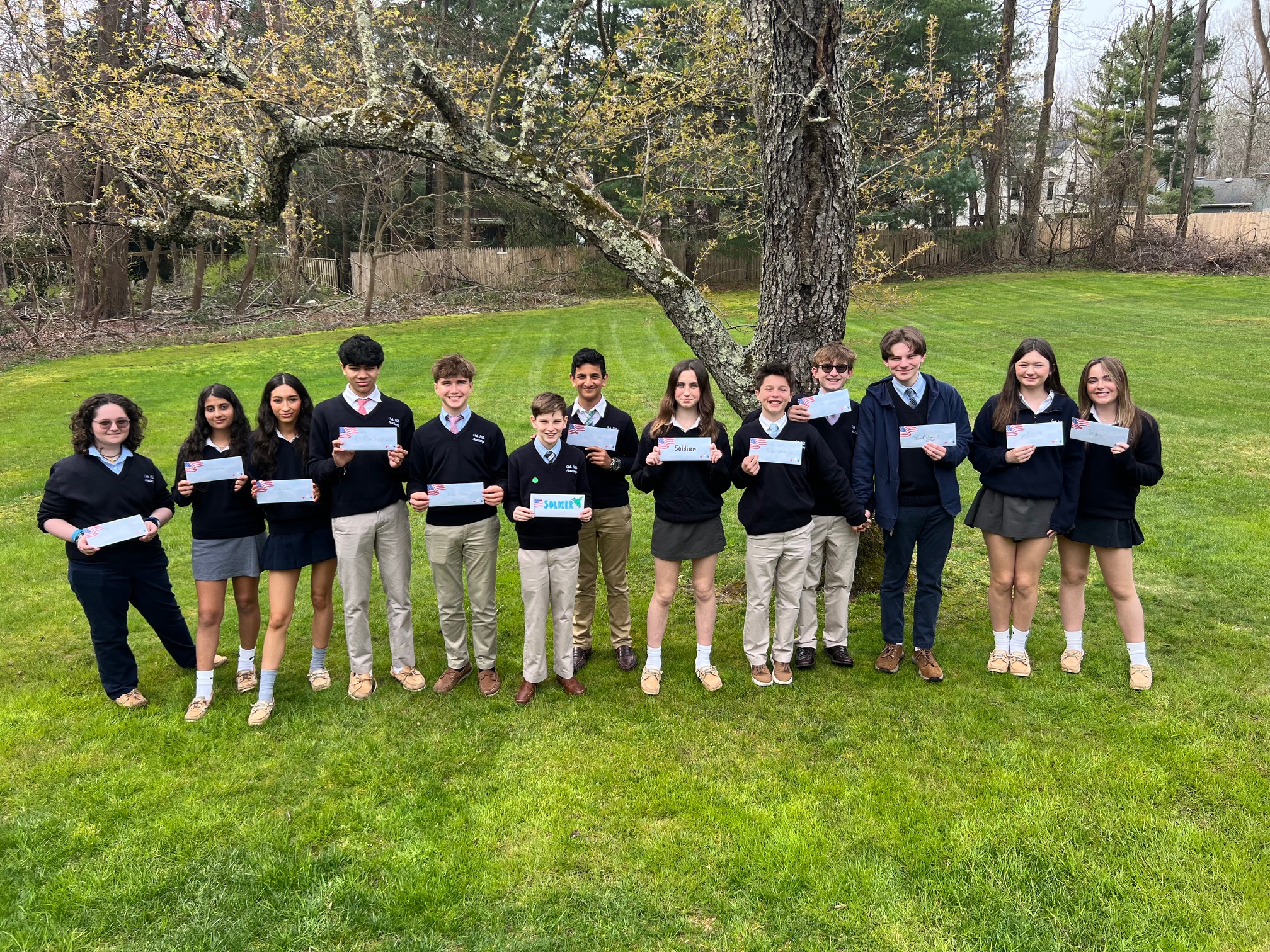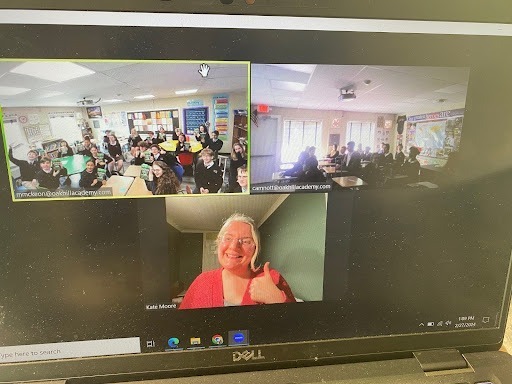Ever wonder how you can remember the lyrics of a song that was popular and you sang along with maybe 20 years ago, but still forget what you may have had for breakfast?

We spend a lifetime using our brains during every waking and sleeping moment to acquire knowledge. Some refer to our brains as the infinite resource being able to solve a multitude of problems on a daily basis. It is obvious that we must have knowledge to solve problems in our work or home whether it be social, emotional or even functional. In order to be successful in formulating a pathway for solution, we need a reservoir of information and data that we acquire from our reading, communicating with others, and by doing formal study. Having facts, ideas, and methods available in our memories we can analyze, conclude, and understand. The more knowledge we gain, the more curious we become and innovation is not far behind.
So the question is; What are the best techniques for students to study so that they may retain the greatest amount of knowledge which they need in their daily schooling? The brain makes connections on bits of information it is presented and formulates ideas on what follows in memory. Cognitive scientists have been working for years on how the brain processes thoughts and makes sense of various stimuli. The latest research suggests that spaced repetition is one of the most powerful vehicles to help us learn. Simply quizzing ourselves often pays great benefits. Each time our brain tries and is successful in retrieving information, the greater its capacity to solidify in memory. As an independent school, we find that reviewing information or practicing at the right time is critical for durable learning. Spaced repetition or “Distributed Practice” refers to reviews that take place after some time from the original learning event, as opposed to reviews that occur immediately following the original learning event (termed massed practice).
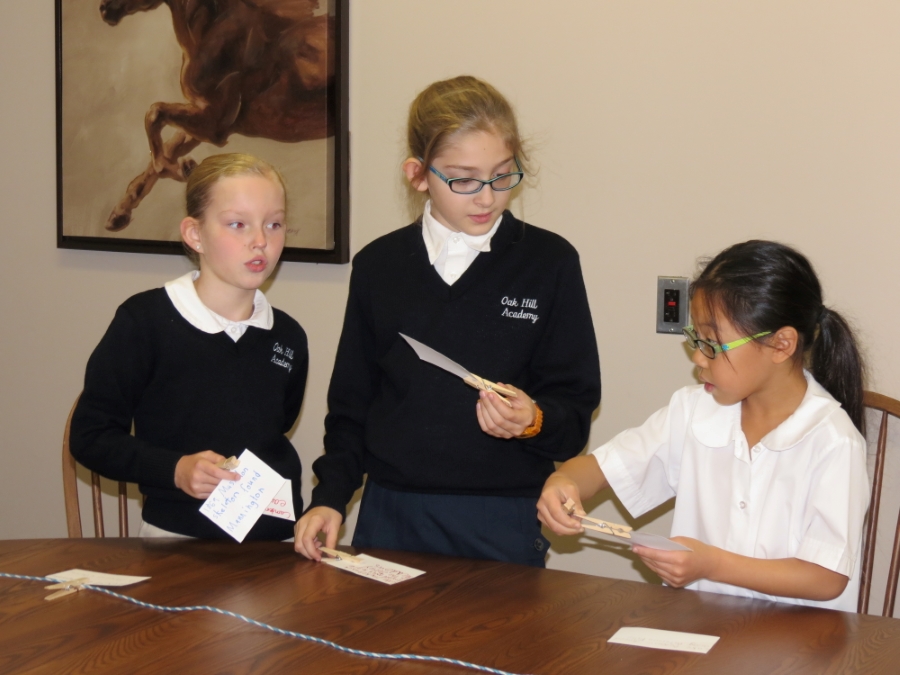
Using Spaced Practice takes a little of planning to begin with; however, in the long run information will remain in memory longer and will actually reduce study time. Here’s how it works! Using a vehicle such as flash cards is the easiest way to begin. Studying your cards for five hours spread out over two weeks is better than the same five hours all at once. Review information from each class, but not immediately after class. After reviewing information from the most recent class, make sure to go back and study important older information to keep it fresh. Just like in sports, practice makes perfect. Using flash cards or apps. like Anki or Quizlet are much more powerful than just re-reading your class notes. At first this may seem difficult and you may forget some information from day-to-day, but this is actually a good thing! A little struggle forces the brain to retrieve information from memory making topics more understandable and cased in stone as they say. Creating small spaces between study while doing a little bit over time adds up in the future.
In the research literature, the learning advantage of distributed over massed practice is known as the spacing effect. In general, the research is clear that spaced practice is superior for long-term learning and retention. The reason that spaced repetition seems to work is that each time the information you are attempting to remember is recalled your brain has to search for this information and this deep process of retrieval over time strengthens the neural connections. It is also thought that this practice is the secret to long term retention of knowledge since this process helps connect related material and presents the brain with the opportunity to become creative to solve problems in life.



